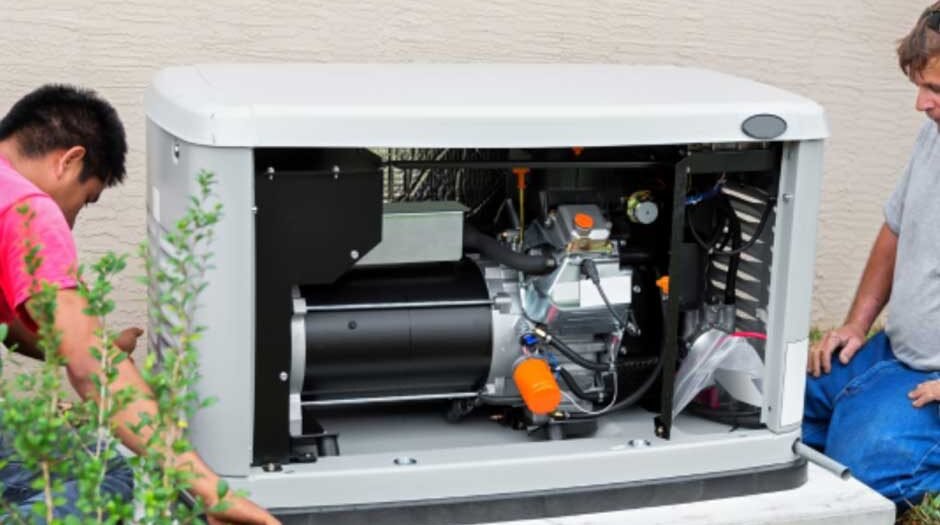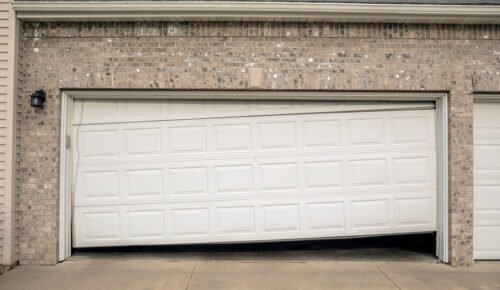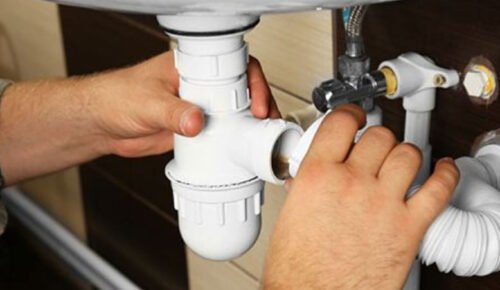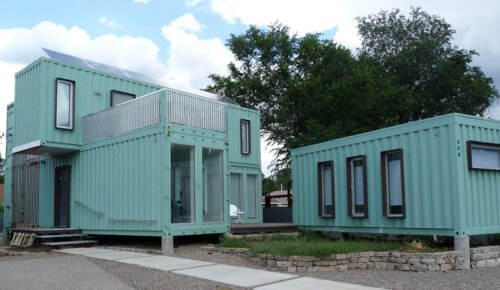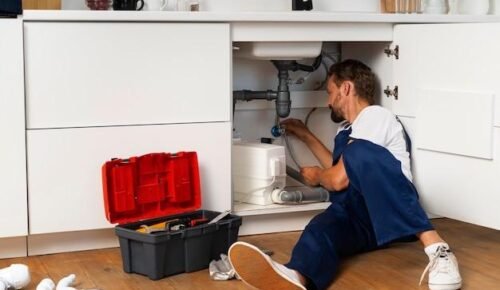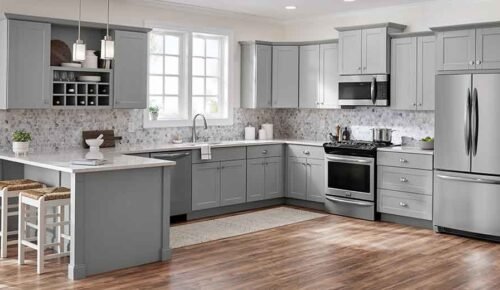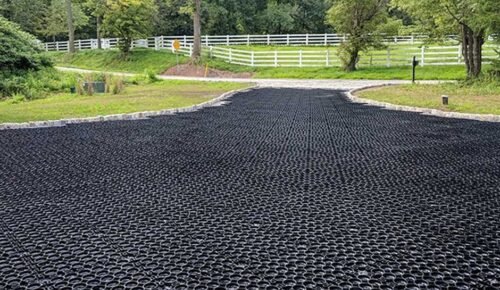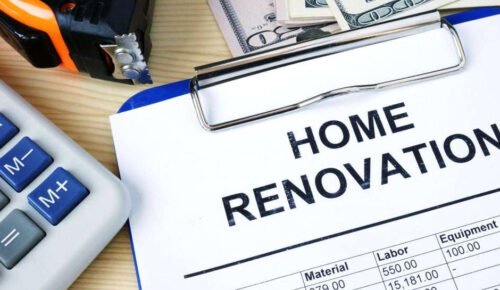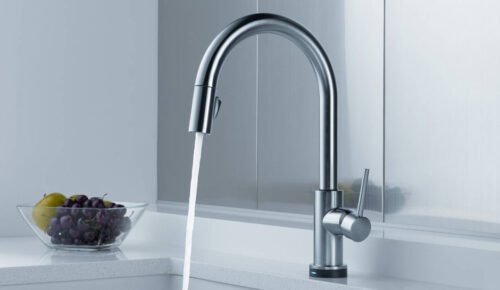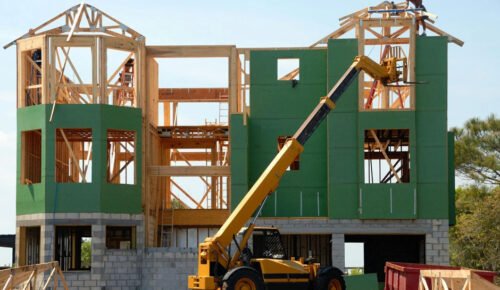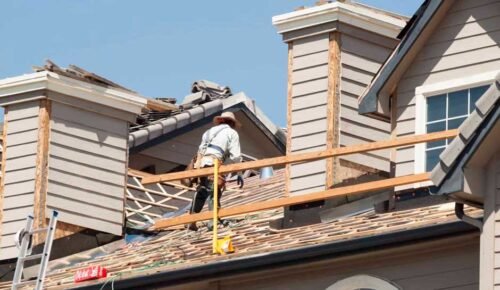Why Backup Power Matters
The past decade has shown a dramatic increase in the frequency and duration of electrical outages nationwide. From hurricanes disrupting coastal grids to heatwaves straining inner-city infrastructure, millions of homes face unexpected blackouts annually. Over 25 million Americans experienced sustained power outages in 2022 alone. Such outages pose risks beyond mere inconvenience, shutting down refrigeration, turning off medical equipment, and disrupting critical communications for families and businesses alike.
As energy reliability becomes a top concern, homeowners everywhere are looking for trusted guidance on implementing backup power solutions before the next storm or utility failure strikes. Exploring customizable solutions from experts at Tallahassee, FL solar companies is one way to begin the search for a perfect match. The most resilient homes have a plan that covers not just the lights but essentials like food storage, climate control, and basic connectivity, ensuring safety and comfort.
Types of Backup Power Systems
Homeowners increasingly choose backup power solutions to meet their unique needs and budgets. Standby generators provide seamless coverage for whole homes, running on natural gas or propane, power appliances, and central heating and cooling. Portable generators offer flexible coverage, allowing easy transportation and direct appliance connection. Battery backup systems, which store energy from the grid or home solar panels, are becoming more popular due to their zero emissions, silent operation, and hands-off functionality. As home energy storage improves, batteries are becoming an environmentally friendly and financially attractive option.
How to Assess Your Power Needs
To choose the right backup power solution, assess your household’s unique electricity needs by inventorying essential devices that must stay on during an outage. This includes refrigerators, lighting, sump pumps, home security systems, Wi-Fi routers, and critical medical devices. Check labels for starting and running wattage, add up total power needs, and consider the average operating time of each item. Only include “must-haves” to avoid over-sizing and unnecessary expenses.
Whole-Home vs. Portable Generators
Whole-home standby generators and portable units are compared based on automation, capacity, and convenience. Whole-home generators are hardwired and fueled by an uninterrupted source, with automatic transfer switches for safety. They are ideal for larger families or those with high electrical needs, while portable generators are more affordable and suitable for smaller homes or renters. Whole-home generators offer reliability and automatic features, while portable generators offer cost savings and flexibility. Both types are ideal for outdoor use and require proper ventilation. Both types are suitable for various situations.
Solar Battery Backup Options
Renewable energy backup is gaining popularity due to sustainability and energy cost concerns. Solar batteries integrate with solar panel systems, storing excess energy for nighttime use or grid outages. They require minimal maintenance, produce no fumes, and operate silently, making them ideal for densely populated areas or noise-controlled communities. Rebates and tax incentives reduce upfront costs, and solar-backed battery systems can provide energy bill savings and increased property value.
Installation and Safety Considerations
Proper installation is crucial for whole-home generators and portable generator owners. Licensed professionals should secure permits, position equipment safely, and integrate transfer switches correctly. Incorrect installation can void warranties and pose hazards. Portable generators should be operated outdoors to prevent exhaust gases from entering living spaces. Battery backups should be protected from flooding and extreme temperatures, and include overcharge and surge protection. Smart systems with automatic shutoffs and real-time monitoring offer convenience and peace of mind.
